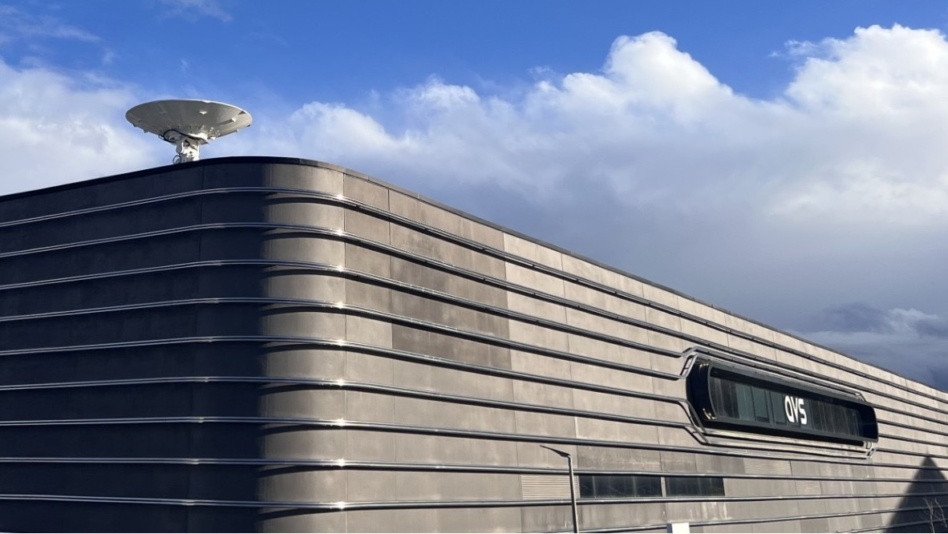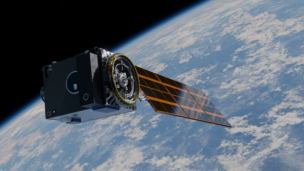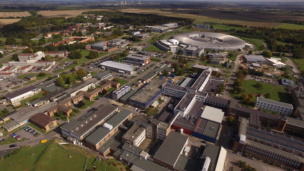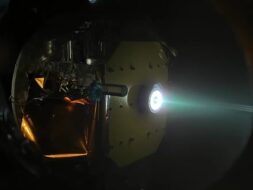Added Value Solutions (AVS) won an ESA contract to advance the design and development of its satellite platform for the ARRAKIHS dark matter astrophysics mission.
Being in contention to build the final project shows that even space agency-led science missions—typically the purview of primes—are now accessible to newer entrants to the industry.
AVS 101: The Spanish engineering firm specializes in building advanced equipment for emerging technologies such as nuclear fusion, particle accelerators, and space.
- The ARRAKIHS study contract calls for the company to provide a preliminary design, which the company will base on its LUR-100 bus (200 to 1,000 kg satellite class).
- AVS is one of two companies that will compete for the final ARRAKIHS satellite bus contract, which is expected to be awarded in September 2026.
“This contract is a powerful endorsement of smaller businesses and highlights Europe’s ability to embrace non-traditional players in flagship science missions,” said AVS’s chief Miguel Carrera.
Arrakis: ARRAKIHS is a Spain-led mission to investigate the edges of galaxies to better understand dark matter. (ARRAKIHS stands for Analysis of Resolved Remnants of Accreted Galaxies as a Key Instrument for Halo Surveys, although we prefer its Dune-inspired acronym). ESA is targeting a 2030 launch.
- Melange: Dark matter is believed to make up over 80% of the universe. Studying its properties has been an astrophysics priority for ESA, which launched its large Euclid spacecraft to study the matter in 2023.
- Muad’Dib: Unlike Euclid, ARRAKIHS will be designed with efficiency front and center. The spacecraft will be the first mission under ESA’s Fast Class (F-class), a framework for fast-tracking science missions using low-mass and low-cost technology.
ARRAKIHS follows the broader space industry trend of moving toward low-cost solutions rather than building exquisite and expensive hardware. ESA is budgeting €60M ($62M) for the platform, and €95M-€105M ($99-$109M) for the full mission.




